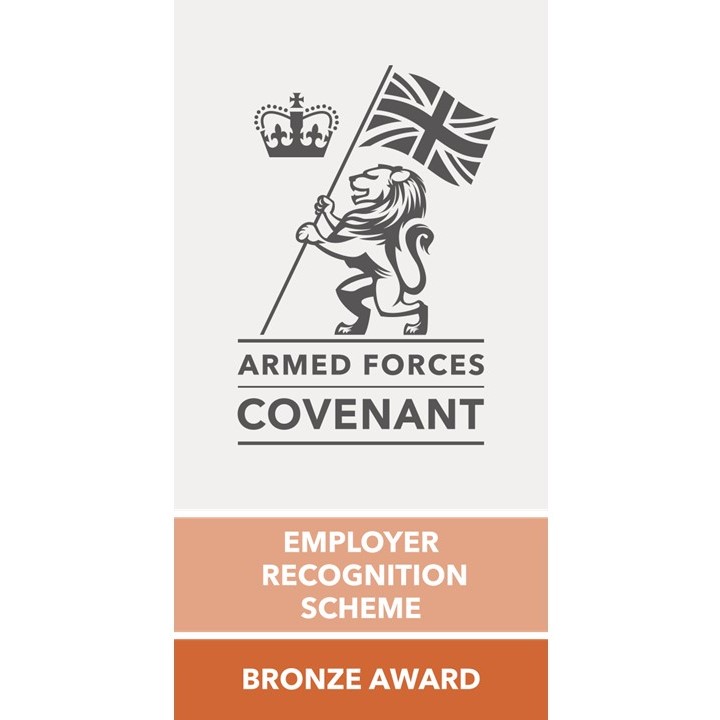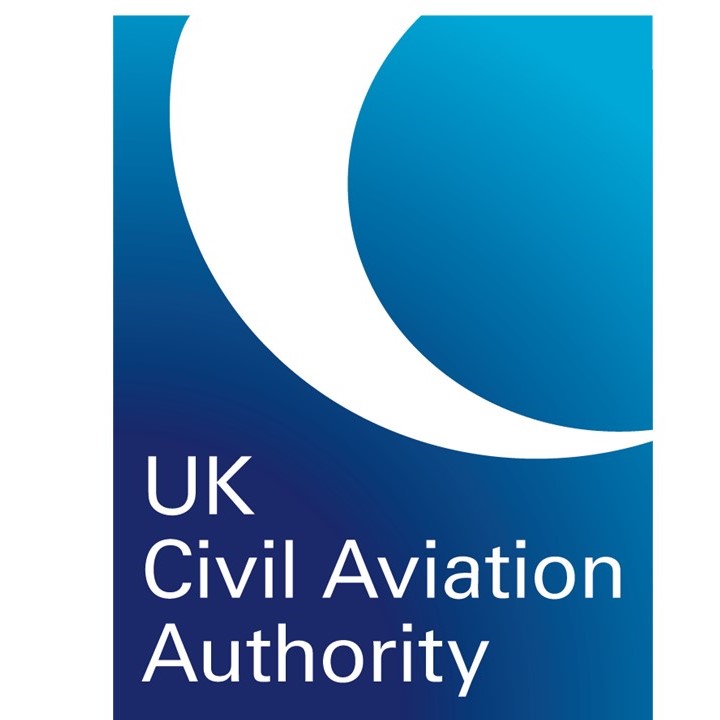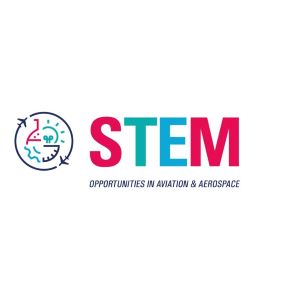JET SPEAKS TO NATS ABOUT DEVELOPING A RESILIENT MINDSET

We have partnered with NATS to write a series of blogs that are related to JET’s core pillars: inspiration, teamwork, leadership and employability. Take a read…
This is the second of our JET Q & A blogs in which we look at how we can develop our emotional wellbeing and resilience mindset.
Question: Through our work, JET recognises how important emotional resilience is in our lives, particularly for young people as they navigate from school into work life. NATS roles can be very high-pressured. How do you build the resilience of your staff, including air traffic controllers (ATCOs) and trainees?
Answer: At NATS, we are very much aligned to JET’s four core key pillars of providing inspiration, teamwork, leadership, and employability skills – JET’s focus on these areas is one of the reasons NATS selected the Jon Egging Trust as a charity partner.
For NATS, inspiration, teamwork, leadership, and employability are all important aspects of personal and skills development that translate into the workplace. If we help our employees to build these skills, we help build their resilience and support their mental health and wellbeing.
Inspiration and role models are vital in the workplace.
We work with our ATCOs and trainees on non‐technical skills such as communication and teamwork. Being able to control aircraft is just one part of the role; the ability to communicate effectively with pilots and colleagues is also important.
Providing ‘inspiration’ is very much part of our training programme. We encourage our trainees to think about the actual skills, attributes, and behaviours of the ATCOs they see as good role models to help them identify what makes an effective controller. Using these observations helps trainees to identify their own strengths and areas of development.
Teamwork is an important part of the work environment.
It is important that our employees can work well in a team – it is an essential part of keeping our skies safe. Throughout our training programme, we look at effective team behaviours by drawing on examples from other industries such as medicine and sport to identify how teams respond to different scenarios. For instance, we often use examples of high performing sports people or teams to encourage trainees to consider what makes a good team member.
Leadership styles and asking questions.
While training, our trainee controllers are coached by on-the-job training instructors. We work closely with these instructors to ensure that they always lead by example, and most importantly, that they remember their own training journey when they are involved with the development of others.
We also encourage our trainees to speak up and ask questions. This is important for learning purposes and for working effectively as a team.
Employability – NATS values a range of skills.
We look for a variety of skills in our employees. As a result, our trainees come from a variety of backgrounds – there is no clear path to becoming a trainee ATCO so there are opportunities for those who may not have followed a linear educational path. And NATS isn’t just made up of controllers, there are lots of other roles that are essential to ensure that we remain safe in everything we do. We have air traffic control assistants (or ATSAs), engineers, researchers, and facilities teams who all work together to make the system work.
Question 2: At NATS you use the Robertson Cooper model of resilience. Can you share why some aspects of this model are important for young people who want to improve their resilience?
Answer: In its broadest sense, being ‘resilient’ is how we learn to cope with difficult situations and challenges, either at work or in our own lives. We know that developing a resilient mindset can help support mental wellbeing and we know from our sessions with JET’s youth teams that helping young people understand how to develop resilience has become more vital.
Resilience is a learning process.
Resilience is not a personality trait – we can all develop skills and techniques to help us to build up our resilience. At NATS, we use the Robertson Cooper model of resilience which identifies four key areas that feed into resilience: social support, purposefulness, confidence and adaptability. We focus on these key areas with our employees, particularly our controllers and trainees.
Being a successful ATCO is not just about having the correct skills and knowledge to work effectively, it’s about having the resilience to deal with the pressures of the job. In the training programme that all our controllers complete, we focus on developing resilience. And we continue to encourage our controllers to develop their resilience after they have completed their training. We see this as being important to ensure that they can deal with the high-pressured environment they work in and can bounce back when their confidence is knocked.
Let’s break down a couple of the areas of the Robertson Cooper Model and why they are important for young people who want to build their resilience.
Social support – working as part of a team.
ATCOs work in ‘watches or units so it is really important that our controllers can work effectively as a team. Always working with the same people means our controllers get to know each other’s personalities, methods of working and strengths.
At NATS we also stress the importance of gaining support from people whether that’s from supervisors, colleagues, or friends, as well as through coaching/mentoring etc. It is essential for people to seek the support they need if required. We have programmes such as Mental Health First Aid, CISM (critical incident support), occupational health and wellness materials online which are available to our employees.
Confidence and motivation
Confidence is key to an air traffic controller’s role. Throughout our training programme, we build the confidence of our trainees using assessment and feedback and encourage trainees to reflect on their own strengths. To assist controllers in developing their confidence, they are put through a non‐technical skills programme as part of their training, where they learn useful skills, such as identifying and working on strengths and goal-setting techniques.
Click here to find out more about the NATS and JET charity partnership.
Find out more about our unique work within schools including our Inspirational Outreach and JET Blue Skies programmes.






















